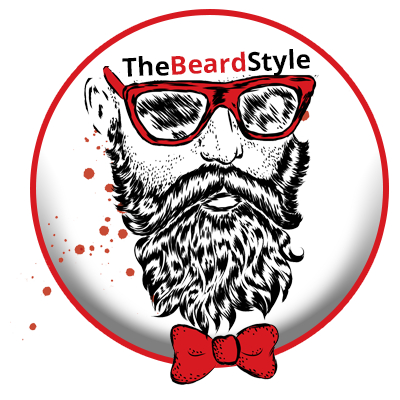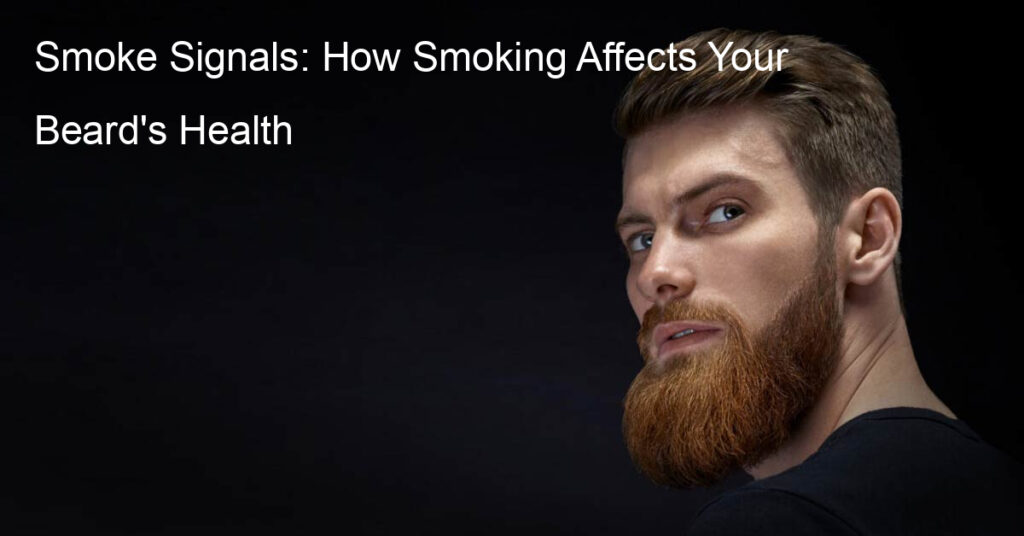It’s no secret that stress can take a toll on our health, but did you know that it can also affect your beard growth? Whether you’re trying to grow a beard for the first time or you’re struggling to keep your existing beard looking its best, managing stress levels is key.
In this blog post, we’ll explore how stress affects beard growth and offer some tips for keeping those pesky Cortisol levels in check. So if you’re feeling stressed about your facial hair, read on!
Does stress affect your beard?
Stress can affect our beards. When we are going through stressful periods in our lives, our body releases particular hormones that can cause some changes to our facial hair. Our blood circulation slows during these times which can cause less hair growth as well as dryness, and these effects will be more noticeable in areas such as the beard.
Additionally, increased levels of stress might cause us to forget about proper grooming techniques such as cleaning and oiling the beard and instead opt for quick fixes such as shaving it off completely – so those with beards need to take the time to look after their facial hair even during difficult times.
What causes a lack of beard growth?
There are a variety of factors that could play into why someone may notice a lack of beard growth. Genetics undoubtedly plays an important role, as everyone’s hair follicles are unique and different. Hormonal imbalances or illnesses such as thyroid disorders can also come into play, halting the growth cycle and preventing facial hair from growing as thick or lush as it could be.
Additionally, stress over long periods has been known to reduce the amount of testosterone being produced in the body; testosterone is a major component for healthy facial hair growth, so a decrease could disrupt the whole process. Body chemistry can be just as integral to your facial hair’s health as anything else.
What affects beard growth the most?
When it comes to beard growth, hormones play an important role. Testosterone and dihydrotestosterone are the two key hormones that cause facial hair to grow, while estrogen is responsible for curbing male beard growth. Additionally, nutrition and hygiene habits may also affect how well hair grows.
Eating a healthy diet with plenty of protein and vitamins such as zinc or biotin can help increase facial hair production. Staying hydrated is another way to promote proper facial hair growth; experts suggest aiming for around 8 glasses of water per day.
Finally, regularly washing your face with proper cleansers can help remove excess dirt and oil from your skin that might be hindering healthy beard growth.
What triggers beard growth?
While we often think of the age a man grows a full beard as predetermined, the truth is that it’s a result of a variety of factors. Genes play the biggest role and determine how thick and long your facial hair will be but other elements can also come into play.
Hormone levels, especially testosterone, which kicks in around puberty, are an essential ingredient in kickstarting and maintaining regular beard growth. Even stress levels can be an influence- facial hair often appears fuller during times of high anxiety. So really there isn’t one exact trigger for beard growth, as genetics in particular make it very individualized!
Can stress cause beard patches?
Stress is a nasty adversary, and it can cause a myriad of physical, mental, and emotional woes. But did you know that it can also be linked to beard patchiness? Recent studies suggest that stress hormones can stop the production of melanin – which causes hair follicles to become dormant and may lead to bald patches or a thinner beard.
These effects may pass over time, so understanding how to manage stress levels could be key in resolving this issue and helping you get back your desired beard thickness!
Summing it Up
Stress can surely be a depressing and uncomfortable feeling that nobody wants to have to go through. The good news is that it does not necessarily have to affect your facial hair growth! Sure, if you’re stressed out all the time, then it can take a toll on your overall health and well-being, but luckily its effects don’t seem to stretch as far as affecting your facial hair’s progress.
This being said, especially given the current circumstances of a global pandemic and uncertainty looming in the air everywhere we turn, being mindful of our stress levels is important if we want to remain supportive of both our mental and physical health.
So, if your beard isn’t growing as quickly as you’d like or you think stress might be slowing down its progress – it’s probably best to consider ways to reduce or manage stress levels in your life so that you can continue keeping yourself healthy.














